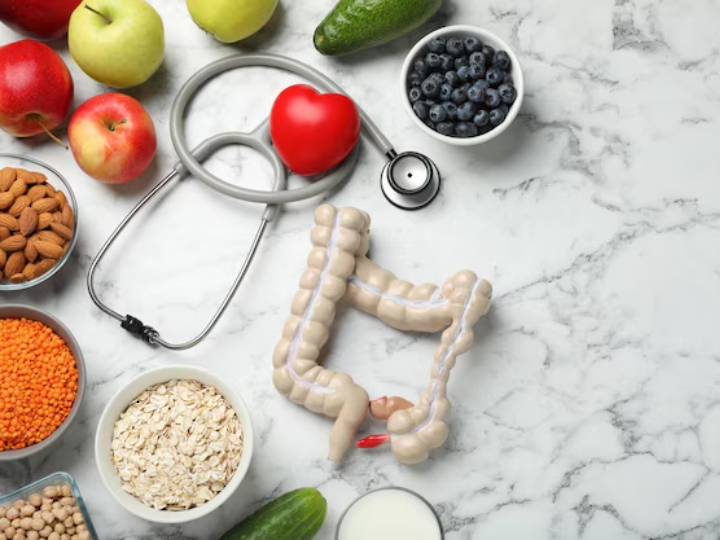How Gastro Physicians Diagnose and Treat Chronic Digestive Disorders

Introduction Chronic digestive disorders affect millions of people worldwide and often develop silently, progressing from mild discomfort to severe, long-term health challenges. Conditions such as irritable bowel syndrome, Crohn’s disease, chronic acid reflux, fatty liver disease, ulcerative colitis, and persistent abdominal pain require specialized medical attention to identify the root cause and provide effective treatment. Gastro physicians, or gastroenterologists , are experts in diagnosing and managing these complex conditions. Their approach involves a scientific understanding of how the digestive tract functions, advanced diagnostic technology, and carefully designed treatment plans tailored to each patient’s needs. Understanding how gastro physicians diagnose and treat chronic digestive disorders can empower patients to seek help early and regain control of their digestive health. Understanding Chronic Digestive Disorders Chronic digestive disorders are conditions that...









